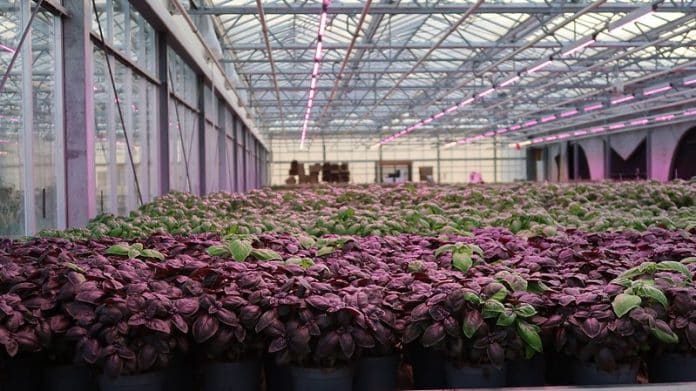At a joint EU-UN event held in Brussels to commemorate the International Day of Food Loss and Waste Awareness, around a hundred guests from multigenerational and diverse backgrounds convened at BIGH’s Aquaponic Farm. The day’s activities were diverse, a debate, a visit of BIGH farm, a film screening and a cooking masterclass by renowned Chef Isabelle Arpin, who imparted tips on reducing cooking waste.
The Representation of the European Commission in Belgium and the United Nations in Brussels were the main organizers of this gathering. The event kicked off with an introduction by Raschad Al-Khafaji. Director of FAO Brussels, and Veronika Hunt Šafránková, Head of the UN Environment Programme Brussels Office. It preceded a panel discussion on food waste, moderated by Martin Germeau. Expert panellists included Stefan De Keersmaecker from the European Commission, Loïc Coutelle representing BIGH Farm, Élodie Vandenplas from the “Nourrir Bruxelles” Festival, Alice Berwart from the NOJAVEL non-profit, and Dominika Herzig of La Bonne Étoile. For nearly an hour, panellists and guests engaged in a rich dialogue addressing the challenges of curtailing food loss and waste, specifically in the context of Brussels and the broader European Union.
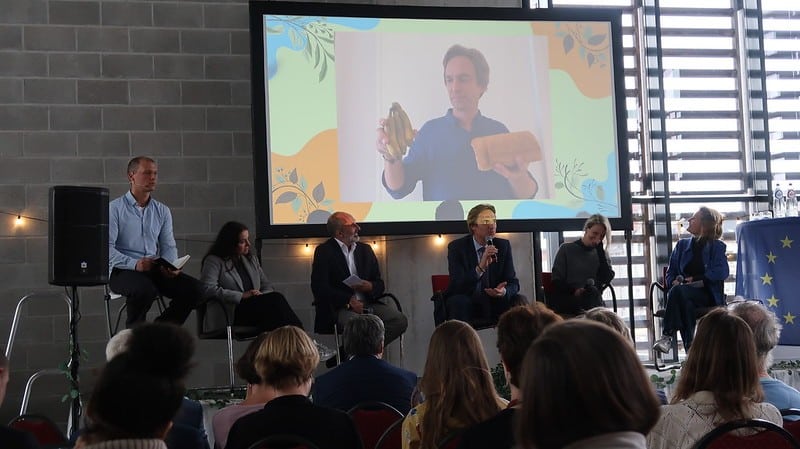
Central to the discussions were the significant behavioural shifts observed post-COVID and the intricate legislative framework that sometimes exacerbates the food waste issue. Every sector, from private businesses to non-profits, has grappled with the recent economic challenges, necessitating adaptability and innovation. Loic Coutelle highlighted BIGH Farm as a paradigm shift in this arena, emphasizing its commitment to reducing intermediaries, thus promoting a direct “farm to fork” approach.
Post-discussion, attendees were treated to a guided tour of the aquaponic farm. They explored how this innovative setup, producing vegetables, fruits, herbs, and salmon trout atop a renovated slaughterhouse, has managed to bring farm-fresh products right to the heart of Europe’s bustling capital.
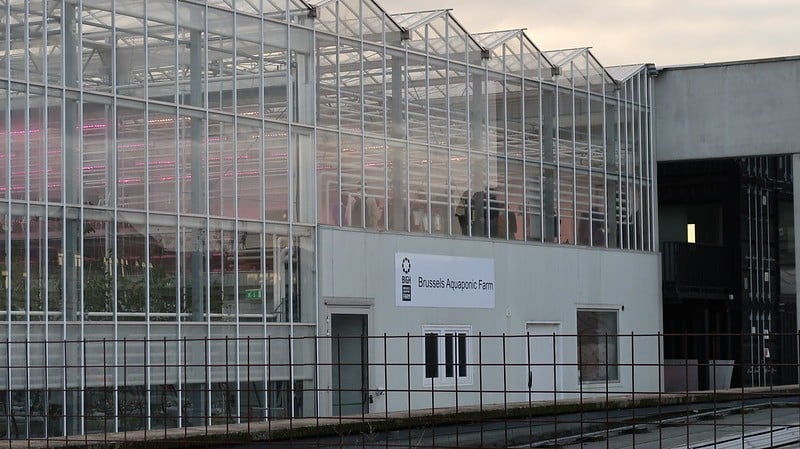
BIGH Farm Brussels
By 2050, nearly 70% of the global population is expected to live in cities, underscoring the urgent need for sustainable urban food solutions. As soil fertility decreases and resource overexploitation intensifies, cities are turning to innovative urban farming methods. Rooftop gardens and urban farms are gaining traction, making use of spaces like empty warehouses and building tops.
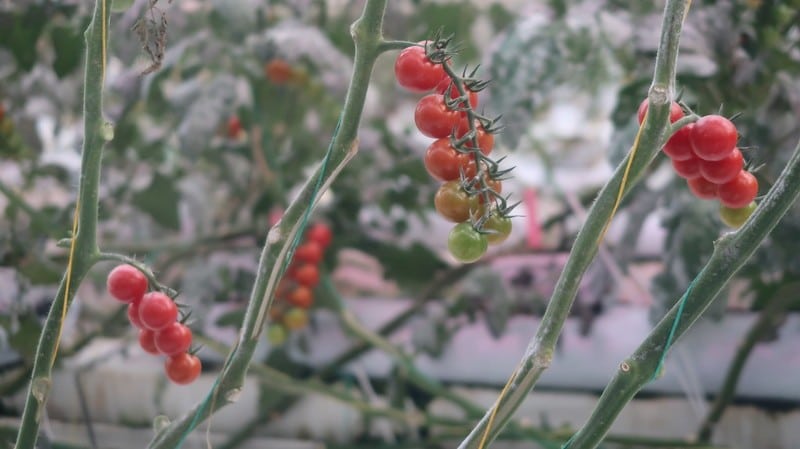
BIGH is at the forefront of these urban agricultural innovations, championing productive aquaponic farms. Leveraging a blend of aquaculture and hydroponics, BIGH farms employ sustainable practices at every juncture. Their infrastructures, partly made from plant fibres and recycled panels, underline a commitment to environmental responsibility. Their strategic placement atop the Foodmet building in Brussels facilitates the recycling of waste energy for heating greenhouses and cooling fish farms. Additionally, BIGH’s circular water system, encompassing well water, rainwater, and tomato drainage, is supplemented by fish water, introducing nutrient-rich irrigation to their crops.
BIGH’s dedication to sustainability is apparent in every aspect of their work. Their energy-efficient farms not only reduce urban greenhouse effects but also boost city biodiversity. Visitors were staggered to discover that this forward-thinking approach yields an impressive 12,000 kilos of fruits and vegetables, 20,000 kilos of salmon trout, and 180,000 pots of herbs. The Abattoir site in Anderlecht, a historic establishment from the late 19th century, has been conscientiously transformed over the years, reflecting modern environmental objectives. As the world advances into an urban-centric future, initiatives like BIGH’s provide a promising blueprint for sustainable city living.
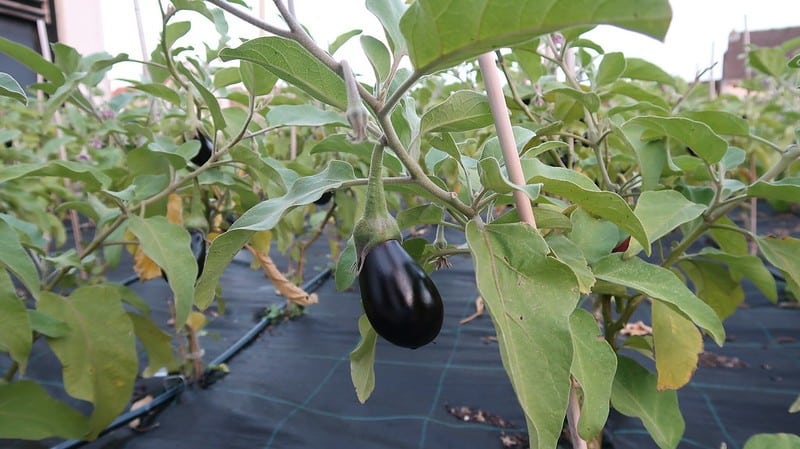
Zero Waste Cooking Masterclass
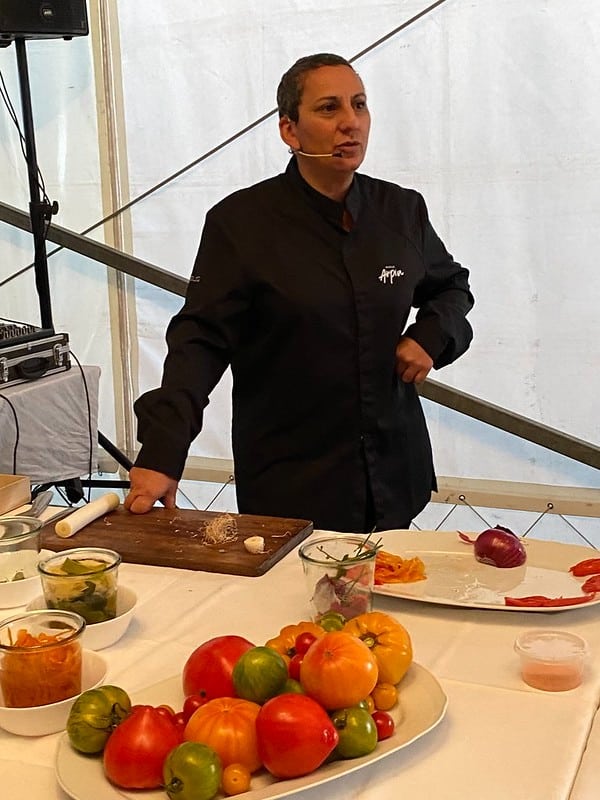
Chef Arpin dazzled guests with a vibrant cooking show, showcasing products from BIGH’s aquaponic farm. The show was not only humorous and entertaining but also educational, offering attendees a masterclass on zero-waste cooking. Chef Arpin creatively demonstrated ways to reduce food waste at home, turning ingredients often discarded into culinary delights.
The presentation began with tomatoes, which were quickly transformed into a delicious gazpacho. Not one to waste, Chef Arpin repurposed the tomato peels into crispy skins. Next, leeks took centre stage. The usually discarded tough green sections were ingeniously transformed into a ‘leek guacamole.’ The climax of the show was the preparation of BIGH farm’s salmon trout, introduced to guests earlier during the tour. Chef Arpin had meticulously utilized the locally-grown fish to produce appetizing bites for guests to taste, much to the delight of the now-hungry audience.
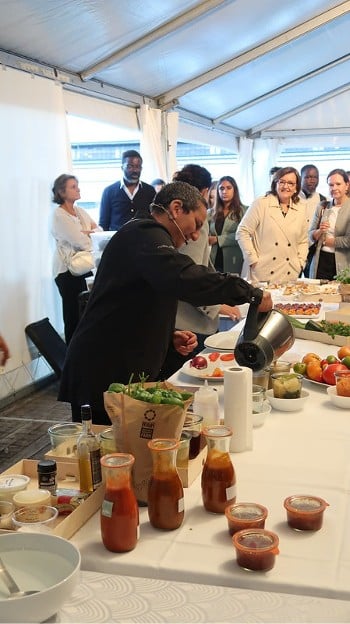
This cooking show was not just about food but also an exchange of experiences. In a spirited conversation, guests shared their own zero-waste recipes and cooking adventures. How to pickle carrot peels, make crisps out of potato skins, or make stock from scraps of meat, fish, fruit and vegetables. Beyond the event, Chef Arpin has continued her collaboration with BIGH farm. She recently pivoted her professional journey, closing her gourmet restaurant and launching a catering business, ‘La Bonne Étoile.’ This venture, co-founded with Dominika Herzig, was inspired by a solidarity project during the COVID crisis, serving meals to dedicated hospital staff. Today, it stands as a prominent custom catering company. Food enthusiasts can either pick up meals from their counter workshop at Place Keym in Brussels or opt for delivery throughout Belgium, making Chef Arpin’s delectable dishes more accessible to all.
Kitchen Brigade
The night’s activities ended with the screening of ‘La Brigade’ (Kitchen Brigade), a food-related fiction, co-funded by the European Commission, directed by Louis-Julien Petit, starring François Cluzet and Audrey Lamy.

